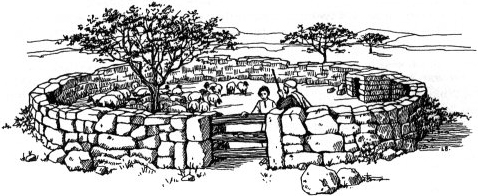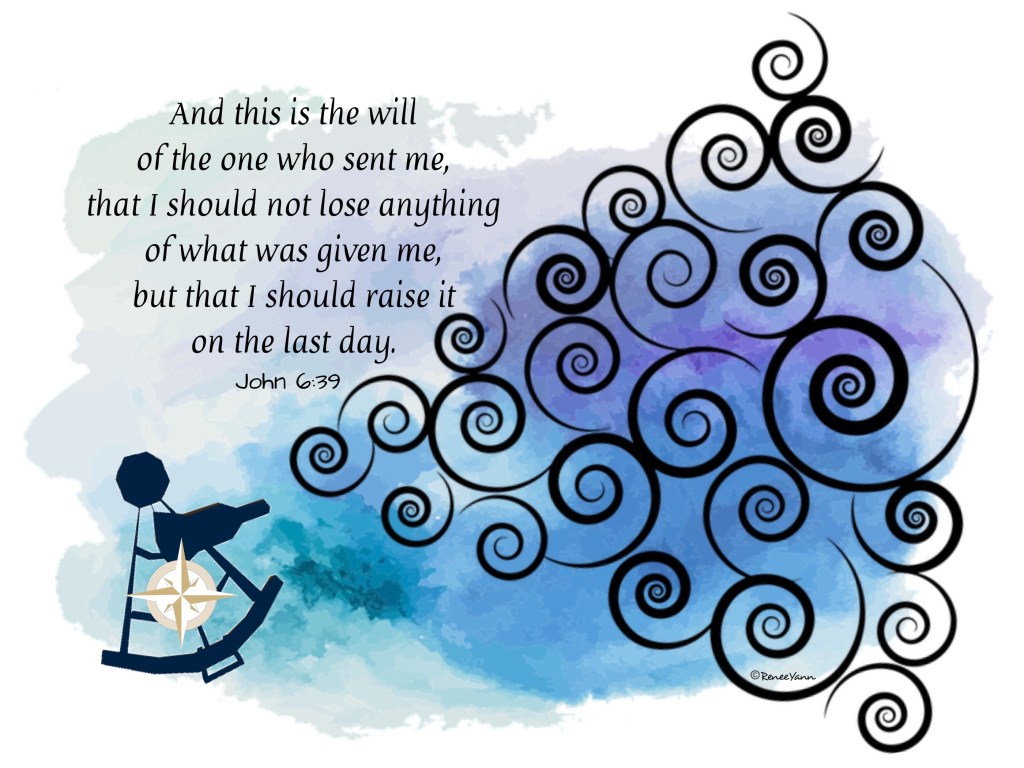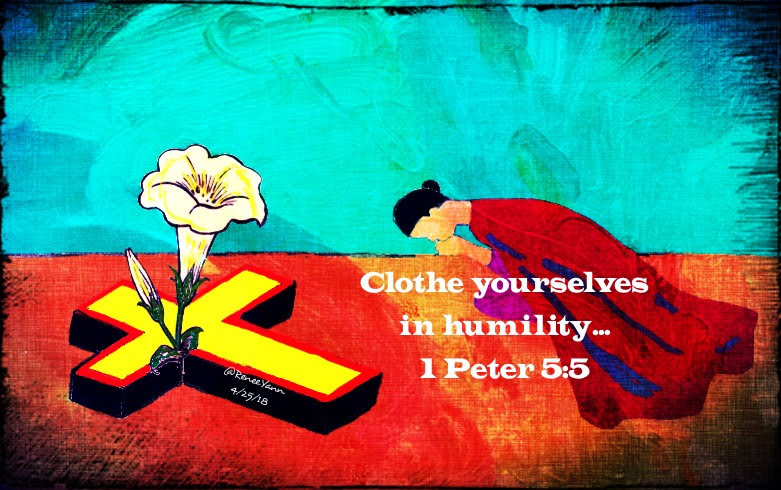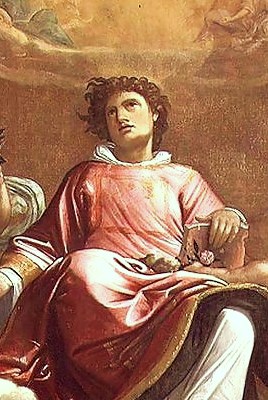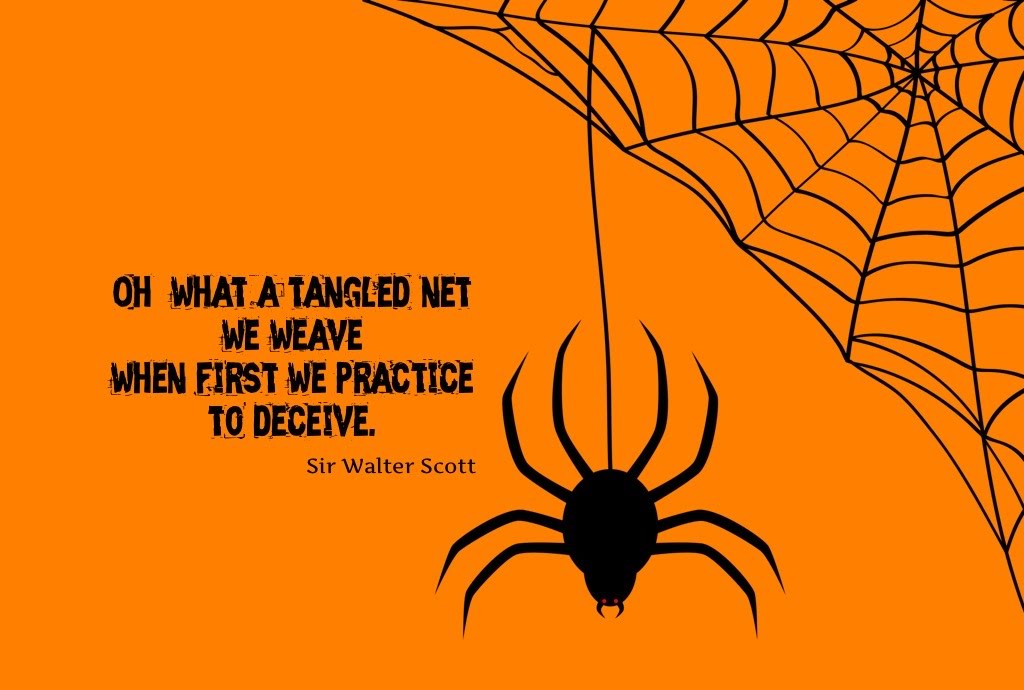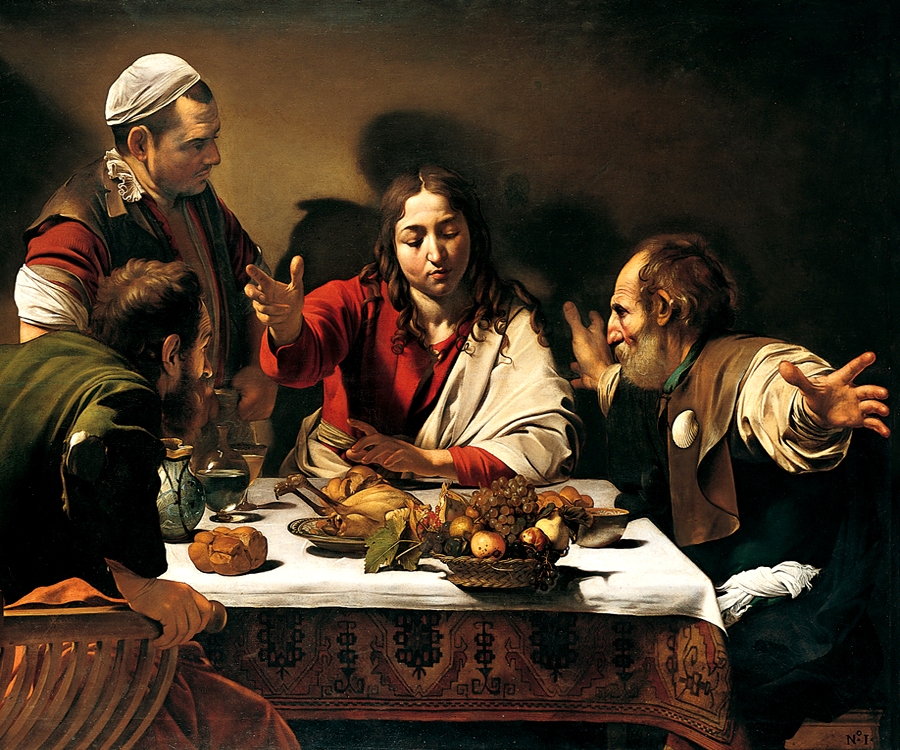Monday of the Fourth Week of Easter
May 1, 2023
Today’s Readings:
https://bible.usccb.org/bible/readings/050123.cfm
Today, in God’s Lavish Mercy, our Gospel invites us, once again, to pray in the company of the Good Shepherd. (The Greek phrase could better be translated as “The Noble Shepherd“)
Just a bit earlier in his sermon, Jesus delivered this blockbuster to the gathered crowd:
I came so that you might have life
John 10:10
and have it more abundantly.
I don’t know how those on the ancient hillside received this stunning announcement, but I know that I have heard and read it a thousand times with a dull and stupid heart.

We let ourselves get used to the scriptures. We hear the priest humdrumming the words while we entertain a tumble of distractions in our foggy heads. We pray the words in our quiet rooms while sleep nibbles away at their astounding meaning.
But here’s what our Gospel shouts to us this morning:
I am here to give you abundant life!
For heaven’s sake, let your heart and soul stand up,
open your arms, and embrace the gift I offer you.
Several deep lessons reside within today’s reading, but we might choose to focus on this:
I am the good shepherd,
John 10: 11-12
and I know mine and mine know me,
just as the Father knows me and I know the Father;
and I will lay down my life for the sheep.
Jesus is telling us
that he is our “good shepherd” for this reason:
because he knows and loves us with the same intensity
that he and the Father know and love each other.
In other words, Jesus loves us with a love that absorbs us into the heart of God. There, we are fed with that love and given an infinitely abundant life – a life that demands to be given and shared.

Jesus tells us that he will lay down his life for his sheep, because this is the nature of Divine Love — it is fully self-giving. The Creator gave everything for us in the gift of Jesus. Jesus gave everything for us in the Paschal Gift. We, recipients of these infinite gifts, are called to give everything for the sake of God’s love in the world.
Does this mean we all have to run out and try to be martyrs? Certainly not. It might be even harder to respond to this call with consistent dailyness than it would be to do so with martyrish abandon.
Our reading from Acts helps us understand what this divine love looks like in an ordinary life. It looks like openness to the Holy Spirit, willingness to change for the sake of others’ good, inclusion of all people in the loving community, actions that build unity and reverence for one another.

The Good Shepherd is a Giving Shepherd who teaches us that we have such an abundance of life in him that we are safe giving our small portion of life for others. We do not need to bury, fortify, protect, and squirrel away our life like misers and hoarders – because, in God, all that we give is continually replaced with even greater plentitude.
We do not have to be first, smartest, prettiest, richest, most powerful, always right or all the other perfectionisms we sometimes are deluded by.
What we have to be is kind, merciful, open, forgiving, honest, generous and humble. These are the true currencies of abundant life in Christ. With the amazing gift we have been given, we are called to allow God to “shepherd” through us in our own particular “sheepfold”.
In his transcendent love, Jesus laid his life down willingly for our sake, and that utter willingness allowed him to take it up again in glory. We might be invited to do a little “life-laying down” ourselves today. Can we find Christ’s invitation, promise, and power within that ordinariness?
The Good Shepherd by James Tissot
Poetry: On Generosity – Walter Brueggemann
On our own, we conclude:
there is not enough to go around
we are going to run short
of money
of love
of grades
of publications
of sex
of beer
of members
of years
of life
we should seize the day
seize our goods
seize our neighbours goods
because there is not enough to go around
and in the midst of our perceived deficit
you come
you come giving bread in the wilderness
you come giving children at the 11th hour
you come giving homes to exiles
you come giving futures to the shut down
you come giving easter joy to the dead
you come – fleshed in Jesus.
and we watch while
the blind receive their sight
the lame walk
the lepers are cleansed
the deaf hear
the dead are raised
the poor dance and sing
we watch
and we take food we did not grow and
life we did not invent and
future that is gift and gift and gift and
families and neighbours who sustain us
when we did not deserve it.
It dawns on us – late rather than soon-
that you “give food in due season
you open your hand
and satisfy the desire of every living thing.”
By your giving, break our cycles of imagined scarcity
override our presumed deficits
quiet our anxieties of lack
transform our perceptual field to see
the abundance………mercy upon mercy
blessing upon blessing.
Sink your generosity deep into our lives that your muchness may expose our false lack that endlessly receiving we may endlessly give so that the world may be made Easter new, without greedy lack, but only wonder, without coercive need but only love, without destructive greed but only praise without aggression and invasiveness…. all things Easter new….. all around us, toward us and by us all things Easter new. Finish your creation, in wonder, love and praise. Amen.
Music: The Lonely Shepherd – written by James Last and played here by Louis Grosari



